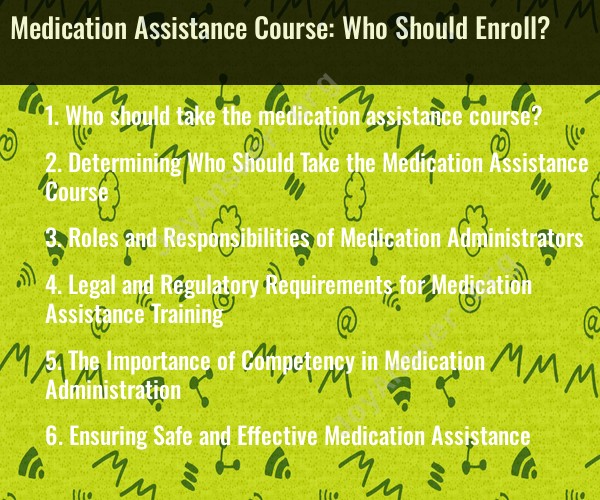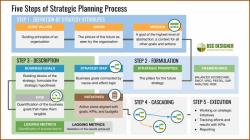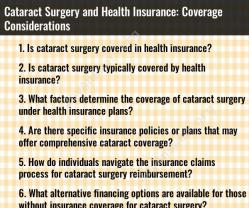Who should take the medication assistance course?
A medication assistance course is typically designed for individuals who work in healthcare or related fields and are responsible for administering medications to patients. These courses are essential to ensure that medication is administered safely and correctly. The specific individuals who should consider enrolling in a medication assistance course include:
Nursing Students: Nursing students often take medication administration courses as part of their educational curriculum to prepare for their future roles as registered nurses.
Certified Nursing Assistants (CNAs): CNAs may be responsible for assisting patients with medication administration, such as assisting with self-administration or maintaining medication records.
Licensed Practical Nurses (LPNs): LPNs often have responsibilities related to administering medications in various healthcare settings, such as nursing homes and clinics.
Registered Nurses (RNs): While registered nurses may already have extensive training in medication administration, ongoing courses and updates are common to ensure they stay up-to-date with best practices and regulations.
Pharmacy Technicians: Pharmacy technicians may need to understand the basics of medication administration as they work closely with pharmacists and may be responsible for providing medication-related information to customers.
Home Health Aides: Home health aides who provide care for individuals in their homes may be responsible for medication management. Proper training is essential for this role.
Caregivers and Family Members: In some cases, family members or caregivers may need to assist patients with medication administration at home. While they may not be healthcare professionals, a basic medication assistance course can be valuable.
Medical Assistants: In certain medical settings, medical assistants may have responsibilities related to medication administration. They may enroll in these courses to gain relevant knowledge and skills.
Residential Care Staff: Staff working in residential care facilities, such as assisted living facilities or group homes, may need to be trained in medication administration to provide care for residents.
Emergency Medical Technicians (EMTs): EMTs may administer certain medications in emergency situations. Specialized training is typically required.
Mental Health Professionals: Professionals working in mental health facilities or providing treatment for substance use disorders may administer medications as part of a patient's treatment plan.
Pharmacists: While pharmacists are already extensively trained in medication management, some may pursue advanced courses or certifications related to specific aspects of medication assistance, such as medication therapy management.
The content and level of detail in medication assistance courses can vary, depending on the specific roles and responsibilities of the individuals taking the course. These courses typically cover topics such as medication administration techniques, dosage calculations, medication safety, and relevant legal and ethical considerations. It's important for healthcare professionals to stay current with best practices and regulations to ensure the safe and effective administration of medications to patients.
Determining Who Should Take the Medication Assistance Course
The following individuals should take the medication assistance course:
- Healthcare workers who will be administering medications, such as nurses, pharmacists, and paramedics.
- Direct support professionals who will be assisting with medication administration, such as personal care assistants and home health aides.
- Family members and caregivers who will be administering medications to loved ones at home.
Roles and Responsibilities of Medication Administrators
Medication administrators are responsible for the safe and effective administration of medications. Their responsibilities include:
- Assessing the patient's need for medication.
- Selecting the correct medication and dosage.
- Preparing and administering the medication correctly.
- Monitoring the patient's response to the medication.
- Documenting the medication administration.
Legal and Regulatory Requirements for Medication Assistance Training
The specific legal and regulatory requirements for medication assistance training vary by state. However, most states require that healthcare workers and direct support professionals who will be administering medications complete a training program.
The Importance of Competency in Medication Administration
Competency in medication administration is essential to ensure the safety and well-being of patients. Medication errors can have serious consequences, including injury and death.
Ensuring Safe and Effective Medication Assistance
There are a number of things that can be done to ensure safe and effective medication assistance, including:
- Providing medication assistance training to all personnel involved in medication administration.
- Developing and implementing medication administration policies and procedures.
- Using medication safety checklists and protocols.
- Monitoring medication administration practices for compliance with policies and procedures.
By taking these steps, healthcare organizations can help to ensure the safe and effective administration of medications.
Here are some additional tips for ensuring safe and effective medication assistance:
- Always verify the patient's identity before administering medication.
- Read the medication label carefully to ensure that you are giving the correct medication at the correct dosage.
- Administer medications at the correct time and route.
- Monitor the patient for any side effects or adverse reactions to the medication.
- Document all medication administrations accurately and completely.
By following these tips, you can help to ensure that patients receive the medications they need safely and effectively.













